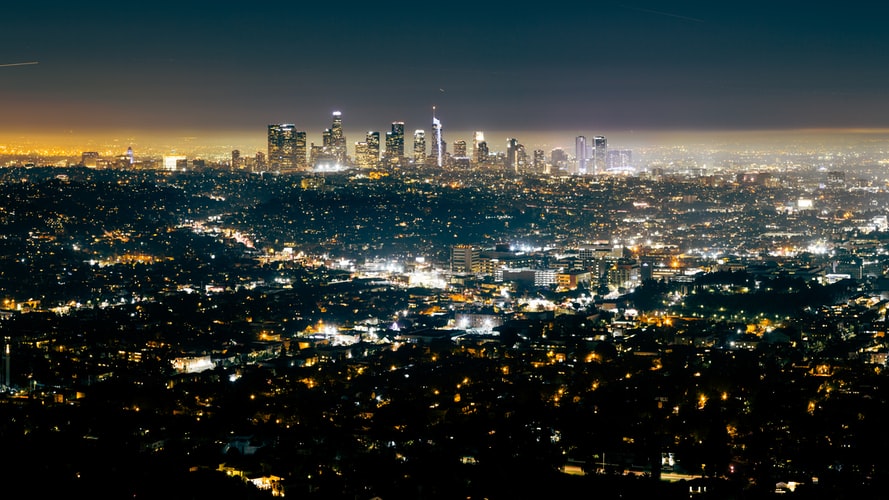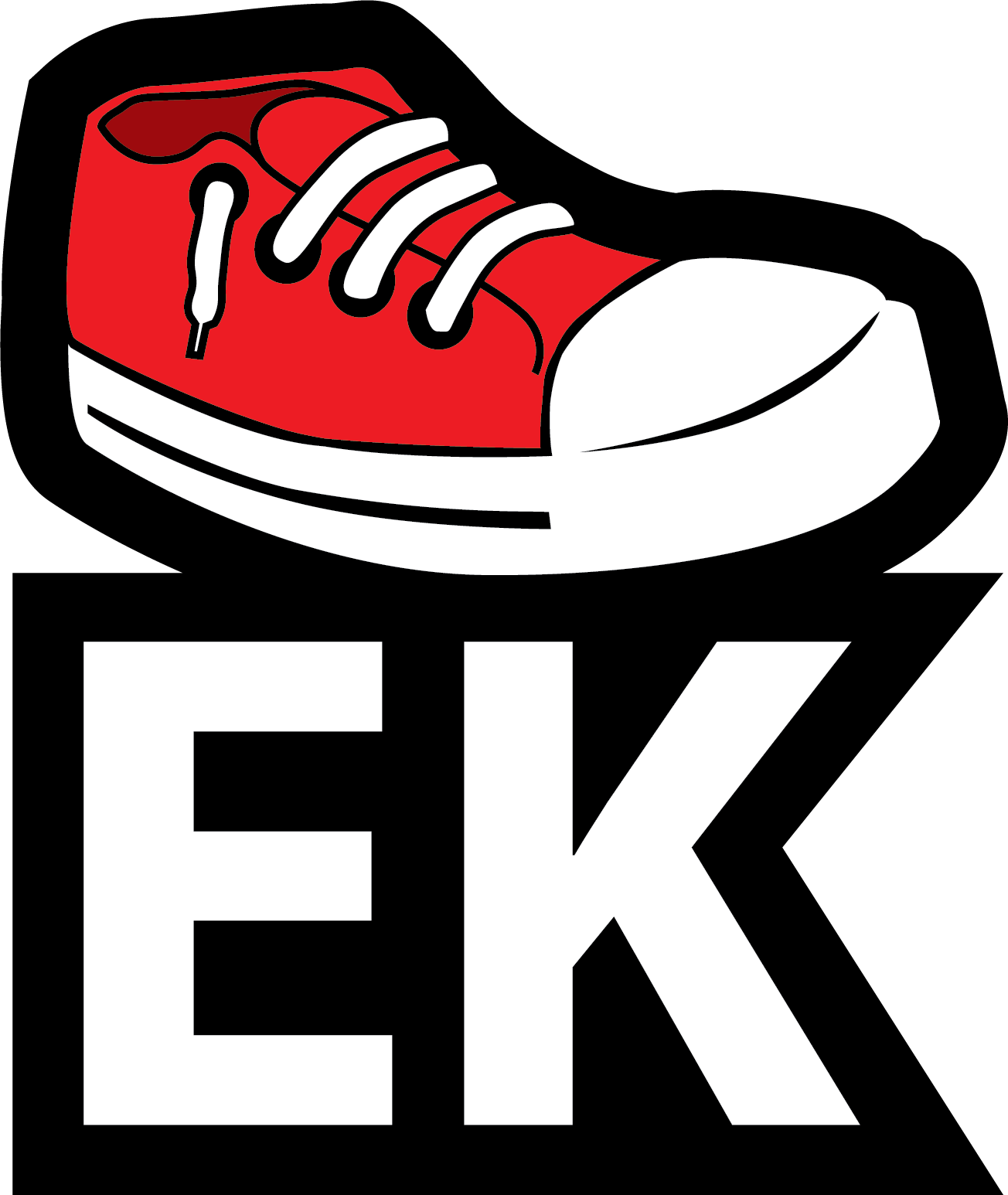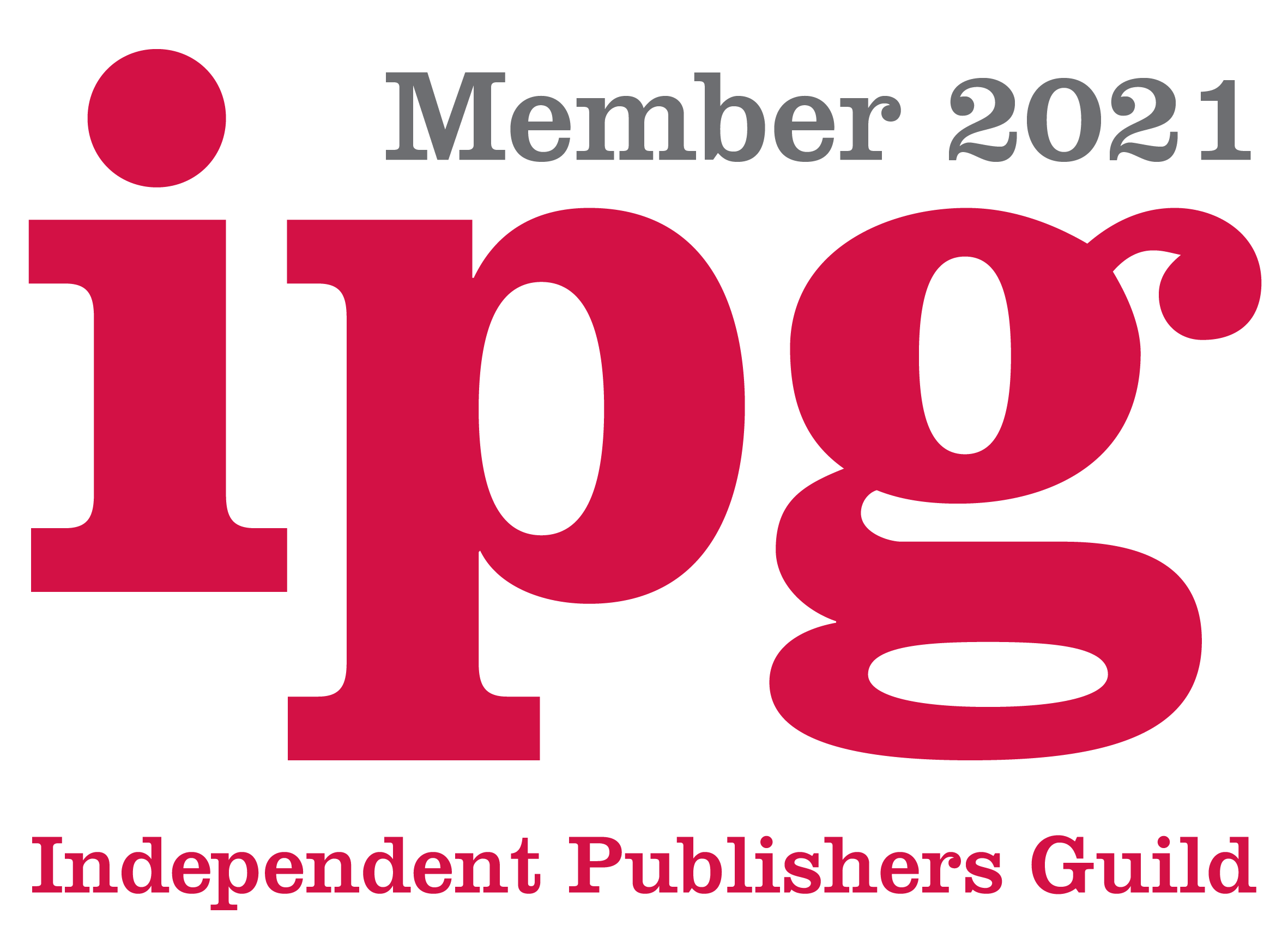A street riot in downtown Los Angeles propels a young man to become a Red Cross Volunteer sweating in the jungles of Vietnam.
Story by Mark Scheel
The summer of ’67, having just graduated from college and medically exempt from the military draft, I struck out, as they say, for California and soon found myself in the Downtown L.A. area working in a huge commercial laundry. The hotel where I rented a sleeping room occupied the two floors above a machine shop and was owned and managed by an elderly Japanese widow, “Mama.” A gentle, unassuming lady of diminutive stature, she had a special assistant who helped her with the building maintenance more or less on a voluntary basis—a tall, middle-aged single man whose room was next to mine. His name was Hank, but he went by the moniker “Bulldog,” and considering his square-jawed face, buzz cut and beefy build, that appellation seemed apropos.
Each night on the corner immediately opposite my hall window a neon sign blinked its inducement above the door of a Hispanic bar and to the right, half a block away, stood an American Indian dance hall. One Friday I accepted an offer for overtime at the laundry the next day repainting the flatwork floor, and so I’d forgo catching a bus to Hollywood, which I often did on weekends to take in the artsy action. That Saturday evening, hearing band music blasting out from across the street, I decided to explore both the bar and the dance hall. I had no inkling at that point of the day’s end what a life-altering event was about to unfold.
The clientele of the Hispanic bar consisted mostly of a sparse older crowd, nursing their beers to mariachi tunes blaring out of a jukebox. In contrast, however, the dance hall patrons were nearly all young Native Americans, drinking and dancing to an amateur rock-and-roll band whose repertoire extended to only three numbers, repeated over and over and over again. Finding nothing there to indulge my fancy, I finished my beer and wiggled my way through the crowd and out the door, heading back to the hotel.
I hadn’t been asleep long when I awoke abruptly to the slamming of Bulldog’s door and the background din of shouting and yelling rising up from the street. I slipped into my jeans and padded out into the hallway to see what had initiated the commotion. Bulldog had pushed up the window and was leaning out looking over the fire escape at the street down below. The dance hall had let out, and a huge crowd of intoxicated youth swarmed about the parking lot and sidewalks and out into the street. Here and there fistfights were beginning to erupt. Glass was breaking. Some girls were screaming and crying and trying to separate some of the fighters. “Jeez, guy,” Bulldog commented. “Looks like we got ourselves a regular street riot.”

I hopped up onto the window ledge and squatted there where I could survey the scene more clearly. Two security guards were hopelessly attempting to direct traffic out of the dance-hall parking lot. Engines raced and tires squealed. “Somebody’s gonna get run over,” I declared to Bulldog.
About then, immediately below, an older-model black auto appeared, nudging its way along the street through the crowd. Suddenly someone bounced a beer bottle off its roof. The vehicle stopped and the driver piled out, an Anglo, fists clenched ready to brawl. Three natives waited on the curb, holding bottles—one had what appeared to be a blade—egging him on. He turned back to the car, opened the rear door, reached in and pulled out a spike axe and began heading for the curb, dragging it behind him. “Good God! He’s got a fireman’s axe,” Bulldog exclaimed.
That was the moment I heard the thunder of a gunshot, and was simultaneously aware of broken glass tinkling down on the iron of the fire escape. My first thought was that a security guard must have fired in the air to disperse the mob and somebody threw a bottle clear up and hit the fire escape. Then I turned and saw the bullet hole in the window glass beside my head, and heard Bulldog shout, “Come back in! They’re shooting at us!”
Posthaste I scrambled inside and away from the window. Glass lay all over the hall floor where the second pane had shattered inward from the impact. Bulldog looked at me. “That didn’t miss your head by more than an inch,” he declared.
“I know,” was all I could feebly respond.
The next thing we heard was sirens approaching, and the crowd commenced a flight to the four winds. Only those too beat-up or too drunk to run were remaining when the squad cars and paddy wagon arrived. The black automobile was long gone. The police beat on some with nightsticks and threw some in the paddy wagon. In writing up the report of the shooting, they described me as the victim, Bulldog as the witness—and called it a night.
Upon reflection the next day, Bulldog pieced together what had likely precipitated the shooting. Two hippy-type renters, residing in a room on the floor above ours, had also been at their hall window observing the street fracas below. Their car had been stolen days before, and when the black auto had halted in the middle of the street, they recognized it as theirs and began shouting, “There’s the guys who stole our car!” I hadn’t heard them, but Bulldog did. Apparently someone in the car, packing a pistol and hearing the shouting from the hotel, spotted Bulldog’s and my silhouettes, thought we were the ones shouting and decided to silence us. And, BANG, that’s how cheap life can be in the street.
The close passing of death’s kiss began to haunt my thoughts thereafter. What if I’d positioned myself slightly to the left? What if the bullet had grazed the fire escape and deflected slightly to the right? What if the shooter had had a slightly better aim? What if? What if?
Perhaps—I reasoned in my youthful imagination—if there’s a bullet with one’s name assigned to it, it will find you wherever you go. Escaping a war zone won’t matter. One can’t cheat fate. And if there’s none, well then, it won’t matter where you are or where you go. It will be something else further down the line that will take you. And it was partly that logic, I suppose, and my fertile naiveté, that was responsible for my finding myself, many months later, a Red Cross volunteer sweating in the jungles of Vietnam.
The true story by Mark Scheel was second-equal in our recent writing competition with the theme "The Moment My Life Changed". Follow us on Facebook and join our newsletter to receive invitations to our future competitions.



